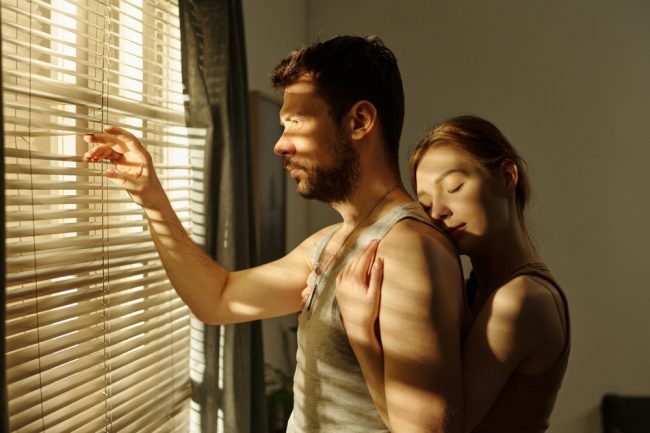
We all crave intense connection. Sometimes, however, that intensity isn’t love. It’s chaos. You feel an unbelievable high when things are good. But when they’re bad, it’s crushing. You think this emotional rollercoaster is just “passion.” Unfortunately, it might be a trauma bond. This bond is an attachment forged from a shared cycle of pain and relief. Let’s look at the signs.
What Is a Trauma Bond (And Why Does It Feel Like Love)?
A trauma bond is a powerful psychological connection. It forms when two people go through intense, cyclical emotional experiences together. One person is often in a position of power or control. Because of this cycle (abuse, then apology, then calm), your brain gets hooked. It confuses the relief of the “good times” with the safety of true love. Consequently, you become addicted to the pattern.

12 Subtle Signs It’s a Bond, not a Partnership
- You rationalize their bad behavior. You find yourself saying, “They’re just stressed,” or “They didn’t mean it.”
- You feel “addicted” to them. You know they aren’t good for you. However, you just can’t seem to leave.
- Your friends and family are worried. They see the red flags you’re ignoring. Consequently, you may isolate yourself to avoid their judgment.
- The relationship is built on ‘us against the world.’ It feels like your only ally is the person causing you pain.
- You hide parts of your relationship. You don’t tell people about the bad fights. You only post the happy pictures.
- Your self-esteem is tied to them. You feel worthless without their validation. Therefore, you’ll do anything to get it back.
- You’re obsessed with “fixing” them. You believe your love is the only thing that can save them.
- You mistake intensity for intimacy. Real intimacy is calm and safe. This, in contrast, feels frantic and desperate.
- You crave the “highs” to survive the “lows.” The moments of apology and affection are just enough to keep you holding on.
- You feel stuck and hopeless. You can’t imagine a future with them. But paradoxically, you can’t imagine one without them either.
- You’ve tried to leave before. You keep going back. Each time, you believe their promises to change.
- You feel responsible for their emotions. Their anger or sadness becomes your fault to manage.
Breaking the Cycle Starts with Seeing It
Seeing these signs is painful. It’s also the first, crucial step toward freedom. A trauma bond isn’t love. It’s a survival pattern. Real love doesn’t demand you sacrifice your mental health. In fact, real love protects it. You deserve a partner who brings you peace, not just relief from the pain they caused.
Which of these signs hit a little too close to home? Share your ‘aha’ moment below.
What to Read Next…
- 10 Common Behaviors That Are Actually Unrecognized Trauma Responses
- 8 “Normal” Behaviors That Are Actually Trauma Responses
- 10 Surprising Physical Symptoms Tied to Unresolved Trauma
- 12 Self Love Traditions Women Should Start in Youth
- 7 Relationship Habits That Guarantee Breakups

Latrice is a dedicated professional with a rich background in social work, complemented by an Associate Degree in the field. Her journey has been uniquely shaped by the rewarding experience of being a stay-at-home mom to her two children, aged 13 and 5. This role has not only been a testament to her commitment to family but has also provided her with invaluable life lessons and insights.
As a mother, Latrice has embraced the opportunity to educate her children on essential life skills, with a special focus on financial literacy, the nuances of life, and the importance of inner peace.







